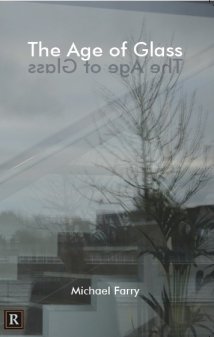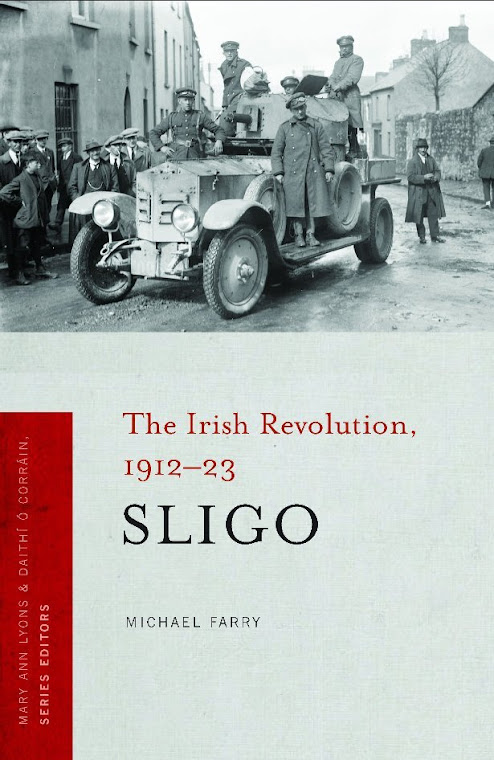Thanks to Honor Duff alerting me to this TV review column in the Sunday Times where the columnist A A Gill has a go at the plethora of poets and poetry related programmes on the box recently. I gave up reading this kind of thing when TV and Radio review newspaper columns became entertainments (about the time of the Black Death - I hear Paddy say). Anyway you can almost hear A A loading in as many old and new cliches about poets and poetry as he can for a laugh. Read it all if you must.
He does make an interesting point here and there. Especially worthy of consideration is this paragraph on reading poetry aloud:
poetry isn’t drama: the imposition of a character, the inflection of emotion and opinion, diminishes it. Despite its origins, the whole business of out-loud poetry is problematic. Nobody will ever read you Donne or Shakespeare’s sonnets or Eliot with more poignancy and meaning, more beautifully, than the voice in your head.
This is interesting and I'm not sure that it's so easy to be dogmatically on one side or the other in this argument. I'm listening to Heaney's reading of his work at the moment and reading it on the page at the same time. His readings add a lot of meaning to the work.
I'm also involved in the Boyne Readings and open mic series and have read at the White House and in Trim. I do see reading a poem to an audience as a performance and I take care with stress, pauses, emphases trying my best to get the nuances across. I don't see it as acting though.
Does we have to have this argument? I don't think so. If we accept that there are many ways of learning then surely some people will gain more by hearing a poem rather than listening to it. There is the hope that listening to poetry may encourage people to buy and read more poetry. That can only be good can't it?
Portrait of John Donne in the National Portrait Gallery, London.
Friday, June 5, 2009
Subscribe to:
Post Comments (Atom)







2 comments:
I just caught up with some of the Poetry Season on the Beeb that I taped, in particular the one about the changing of the Bard with Ian Hislop, which pointed out a lot of the unknown names of Poets Laureate that have been there over the years. Dryden, the first came from the theatre tradition, as did a good few of them, which I found interesting, esp. in the light of AA Gill's comments about poetry not being performed.
I like to hear a poet read their own work, as I too believe that it adds extra nuances to the work that you don't get just from the white page on it's own. I also like to read poetry out loud - that's what it's mostly designed for - to be heard. In my humble opionio of course!
And I like to read prose aloud. I've been doing quite a bit of that recently, especially when I have been adapting some of Jonathan Swift's material for readings in public. Swift's stuff is great to read aloud, especially after you've rehearsed it a number of times and found your way safely through the long sentences.
Post a Comment